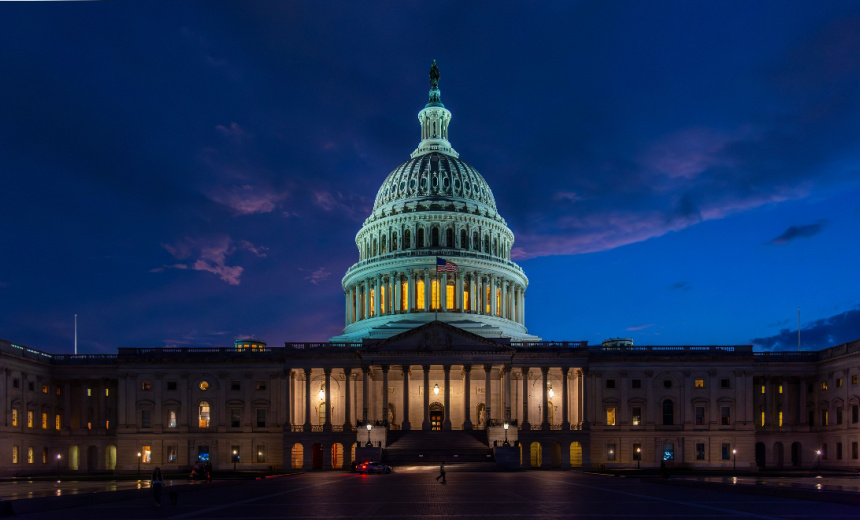Information Sharing,
Legislation,
Standards, Regulations & Compliance
Senate Homeland Security Cancels Markup Session

A significant political impasse in the U.S. Congress over federal spending may jeopardize a key cybersecurity intelligence sharing initiative that relies on corporate participation.
Lawmakers face an urgent deadline as the Cybersecurity Information Sharing Act (CISA) of 2015 is set to expire on September 30. This legislation has garnered bipartisan support and backing from the private sector due to its provisions that offer liability protections and antitrust exemptions to companies sharing threat data through the Department of Homeland Security. A lapse in this law could inhibit data sharing capabilities across industries, raising security concerns nationwide.
In a bid to extend CISA, Republicans included a provision in a stopgap measure designed to keep the government funded for an additional seven weeks beyond October 1. However, Democratic leaders have expressed opposition as they aim to limit the President’s authority to bypass appropriations and reverse federal healthcare cuts. Some Republicans also disagree with a temporary extension of the bill.
Earlier this month, the House Homeland Security Committee unanimously advanced a bill that aims to reauthorize the law for another decade, incorporating new provisions that would facilitate one-time data sharing with artificial intelligence developers and critical infrastructure operators not currently engaged in CISA.
Sen. Rand Paul is reportedly preparing a proposal to extend the law’s authority for an additional two years. He also aims to introduce language that could prevent the Cybersecurity and Infrastructure Security Agency (CISA) from censoring online speech, an issue that has gained traction among Republicans since the 2020 election.
A scheduled committee markup session in the Senate aimed at addressing these issues has been unexpectedly cancelled and will be rescheduled without a specified date. This raises concerns about whether lawmakers can successfully pass a bill before the law’s expiration.
Sen. Paul’s approach to scrutinize CISA comes at a time when the agency faces significant budget reductions and a considerable loss of workforce. Implementing partisan restrictions could incite backlash within the Senate, potentially stalling critical legislative efforts and resulting in a gap in the law. Such a lapse may discourage companies from sharing necessary threat information, as legal ambiguities increase concern over liability, ultimately hampering coordinated cybersecurity defenses.
The House is anticipated to vote on the continuing resolution this Friday, but the outcome remains uncertain as lawmakers navigate this complex framework.
